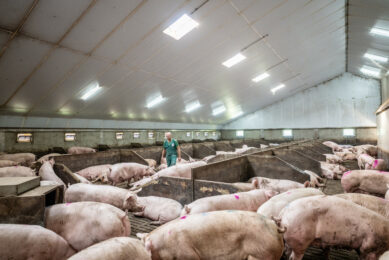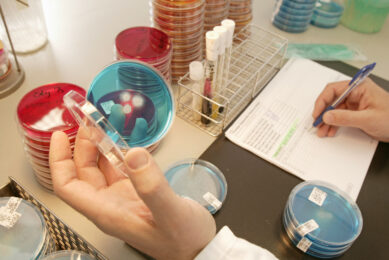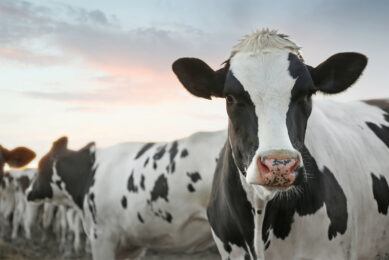Netherlands: Strong increase in C. difficile in pigs
Research at Leiden University, the Netherlands, showed that the bacteria Clostridium difficile is increasingly present in Dutch pig farms, agricultural newspaper Agrarisch Dagblad reports.
The results were obtained after tests had been carried out at the university’s animal health faculty, in collaboration with the city’s academic medical centre (LUMC). The increase may well be the result of strong antibiotic use in livestock.
C. difficile causes diarrhoea in piglets and was discovered in pigs for the first time in 2007 – the ribotype 078 was found at the time.
“An increase of C. difficile, ribotype 078, was also confirmed in human patients in the Netherlands, in the same timeframe,” explained Ed Kuijper, medical microbiologist, LUMC.
Humans and pigs
It is being researched whether there is a link between the increase in humans and in pig production. “There is no evidence that there is a danger for people having direct contact with pigs – or that consuming pork would pose a risk,” Kuijper added. He said it is difficult to trace the origins of this strain of C. difficile through epidemiological research as the bacteria has become widespread by now.
In humans, this type of Clostridium mainly occurs with people who have been consuming a lot of antibiotics, causing a balance disruption in the gastro-intestinal tract. “We suspect that in pig production, there is also a link between the use of antibiotics and the prevention of C. difficile,” Kuijper said.
Related websites:
• Leiden University
• Agrarisch Dagblad











